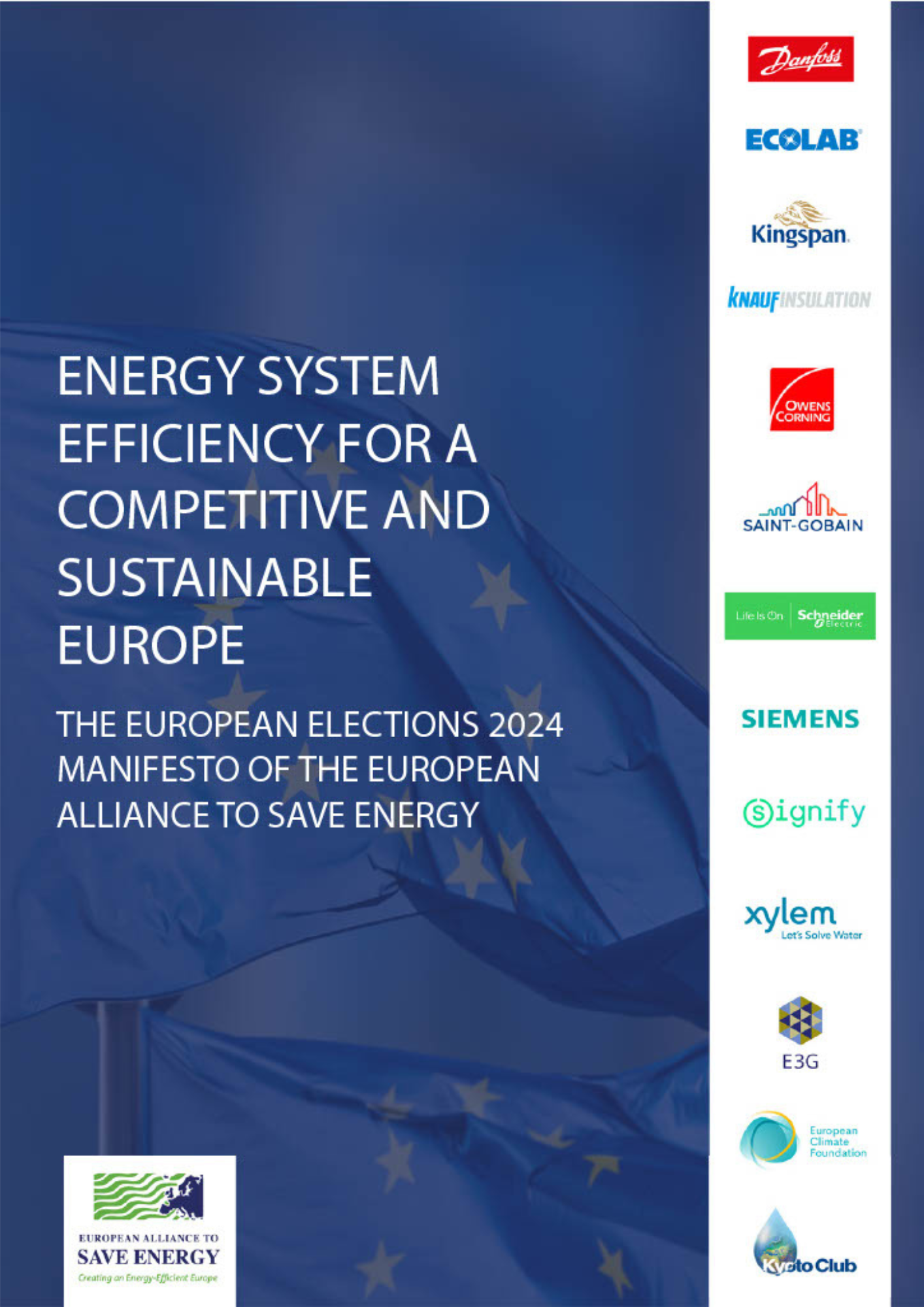Mission efficiency : Games are opening, let’s perform, now !

Writing this note on my way back from the first European Parliament plenary session, I can’t help but draw a parallel with the 2024 Olympics game opening soon in Paris.
I always thought of our Energy Efficiency game as a marathon, including trainings and a solid “never-give-up” mindset, whatever the political winds. We first succeeded in the initiatory 2012 EED negotiations and we made it in the 2030 climate & energy package. Things then got more serious and we managed to take our medals from the Fit for 55 real marathon. We even secured that everyone would start exercising with mainstreaming our Energy Efficiency First principle into the broader policy spectrum.
So, what are we up to at the start of the 2024-29 mandate ?
First, time to perform! And our performance – called implementation in the EU jargon – is about delivering more savings and valorising the genuine value of energy efficiency. It is not just about running and being resilient, efficiency will help with changing cycling gears in the energy transition towards 2040, and be faster at integrating renewables in the grid. It is empowering our industry to swim better in the global competitiveness race. In fact, energy efficiency looks more like a triathlon game.
Second, our Efficiency Club should get bigger, as everyone trying it gets a more stable future, a healthier home and an extra protection against energy price volatility. In this perspective, efficiency is key to solve housing issues and secure low bills in the long run. But as many good things, its benefits have been kept secret for too long. So let’s get more affiliates in the club – not only the geeky ones – and a bigger crowd celebrating successes.
Last but not least, we need sponsors. Continuity and diversity will be key here, as we certainly need continuous public funding e.g. from the EU recovery, cohesion, ETS and modernisation funding streams, but crucially also a more diverse set of private sponsors. If you or any of your friends happen to be interested in good investments, come and talk to me at the end of the Olympics !
Céline Carré
Head of Public Affairs
Saint-Gobain




